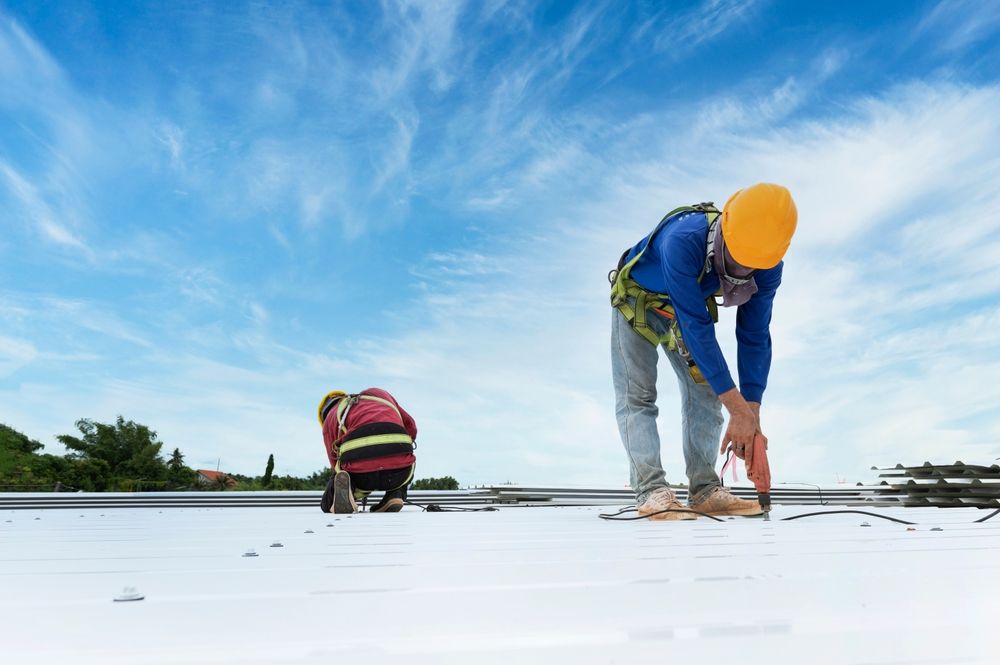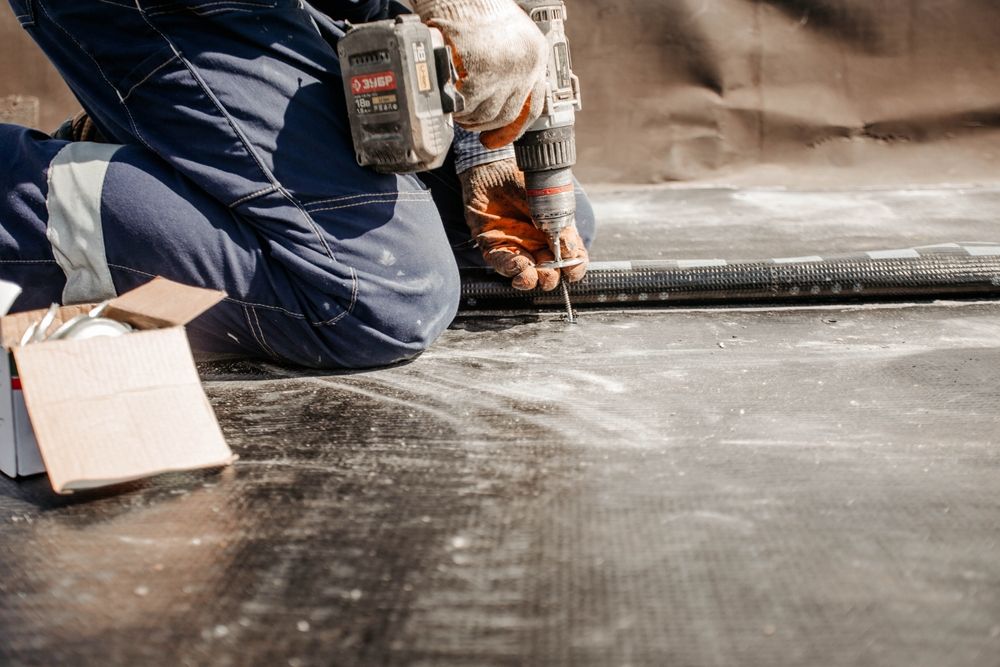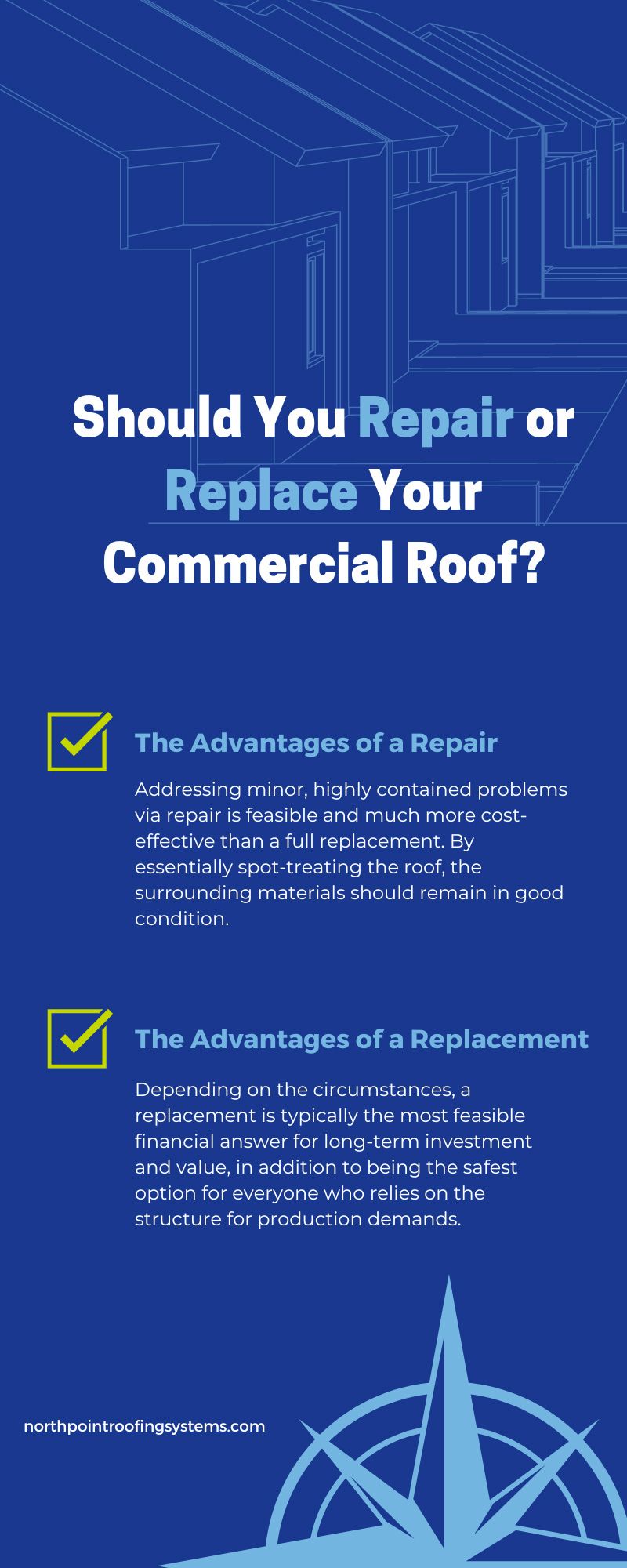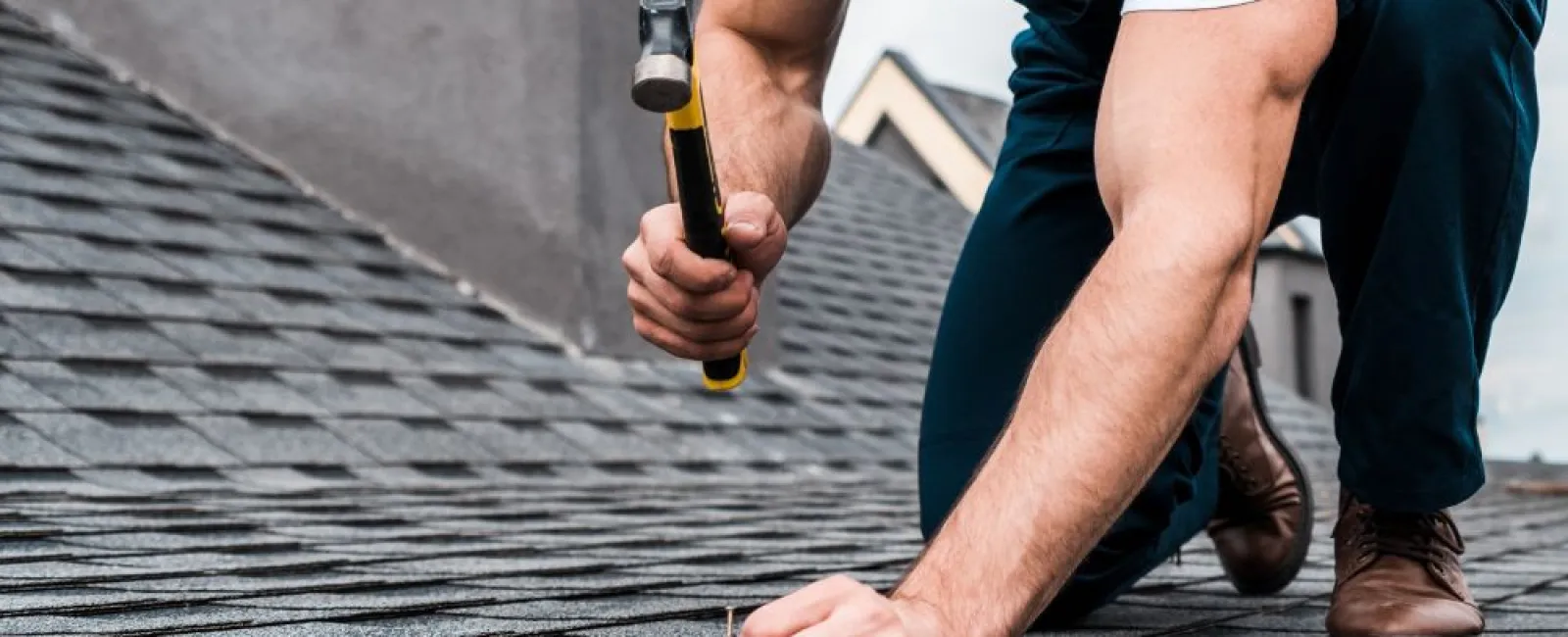Owning and operating a commercial property comes with the unique responsibility of maintaining the building's features, safety, and value. Therefore, a significant aspect of commercial property ownership is determining whether you should repair or replace building components—specifically exterior features, like the roof. This article explores the differences between roof repair and replacement and guides you toward the most feasible financial and timely solution per your needs.
Consider the Roof's Age
The roof's age is one of the primary decision-makers in the repair or replacement debate. This number alone can lead investors and building inspectors down a direct path toward a solution that will boost the property's value and serve the building owners best.
All commercial roofs need maintenance throughout their lifespan to ensure excellent performance and proper safety. However, once these materials hit a certain age, they will begin showing signs of distress beyond repair.
In general, a quality commercial roof installation that uses durable and dependable materials will last roughly 30 years—plus or minus five, given harsh and sometimes unpredictable weather conditions and accidents resulting in infrastructure damage. After 25 to 35 years, the decision to replace the commercial roof is easy to make, as typical repairs may become more costly than a full replacement.
Commercial Building Energy Demands

If the roof's age is not a determining factor for a full replacement, the next place to begin deciding whether to replace or repair it is the commercial building's energy demands. Sure, a hot summer will reflect an expensive utility bill due to the constant use of air conditioning, as will a frigidly cold winter. However, the threshold where these expenses can cross the barrier from manageable to excessive is very thin.
The building's roofing system could easily be the cause of a massive spike in monthly heating and cooling bills. As the roof begins to age or take on damage, its performance suffers. Unfortunately, the rising shifts take place over an extended period, so you may be suffering from high energy demands from poor roof performance for a while before you find out.
Maintaining bi-annual roof inspections with a reputable contractor is critical to help you stay on top of your building's energy usage trends. Additionally, when problems persist, repairs may not suffice when looking to reduce energy consumption. A replacement that uses new insulation, durable materials, and a properly functioning drainage system can significantly reduce those rising energy bills.
Assess for Existing Damages
Existing damages will typically lead primary decision-makers down the path to repairs to rectify the situation and aid in performance. Sometimes, however, when the cost of multiple damages exceeds the roof's value, it's better to consider a replacement. In addition, damages can range in severity and hindrance, so it's essential to hire a professional commercial roofing contractor who specializes in your building type and roofing structure.
A significant issue with untreated damages that lead to full roof replacements is the formation of leaks near the affected area. Once leaks begin forming near damaged sites, things such as mold, structural issues, wood rot, and others can occur—ultimately turning a minor repair into a replacement. Other common commercial roof damages that need evaluating and repairing or replacing include the following:
- Poor ventilation
- Membrane damage
- Flashing damage
- Missing shingles
- Visible ceiling stains from water damage
The Advantages of a Repair

Many commercial property owners will consider a repair first because it's the easiest, most immediate solution. Repairs address the on-hand issues and bring a short-term resolution without forcing additional investments. Repairs might be the best option for many reasons and situations, but these factors depend greatly on the professional inspection process and the issues' severity.
Addressing minor, highly contained problems via repair is feasible and much more cost-effective than a full replacement. By essentially spot-treating the roof, the surrounding materials should remain in good condition. The membrane should be healthy, the insulation should continue to perform, and the flashing should stay fitted to its position. Another key highlight to repair solutions is that they can extend the roof's lifespan when accurately and carefully performed.
The Advantages of a Replacement
Repairs serve a foundational purpose in bringing resolution to minor performance flaws. However, when repair work begins exceeding a certain value and the labor involved becomes strenuous, a full commercial roof replacement might make the most sense for building owners and contractors. Depending on the circumstances, a replacement is typically the most feasible financial answer for long-term investment and value, in addition to being the safest option for everyone who relies on the structure for production demands.
Another way to view potential replacements over repair services is by factoring in how many completed repairs take place. If the final results yield an incomplete replacement, skip repairs altogether and consider a full replacement to ensure seamless integration of new materials.
In addition to the seamless integration of new materials, there are various other advantages of a replacement over a repair. The most significant benefit is brand-new, damage-free insulation, aiding in optimal interior climate controls and reducing those utility expenses.
Another is the investment value of the roof and the property. Installing an all-new roof and materials restarts the clock on when it needs replacing and boosts the value of the commercial property for prospective buyers. A value boost is a critical component for businesses because when the business needs to pivot, the property can maintain its worth.
Northpoint Roofing's Commercial Solutions
Northpoint Roofing Systems delivers expert care and professionalism to each inspection, ensuring you understand if you should repair or replace your commercial roof. We understand these properties require diligence and quality work, and we can guarantee our workmanship will provide you with long-term customized solutions that fit your building's needs. Our services are convenient and can run on your building's operating schedule, ensuring limited disruptions to your production and those who depend on it.
Connect with a member of our customer solutions team today, and we can work with you to bring your commercial building an effective roofing result.


